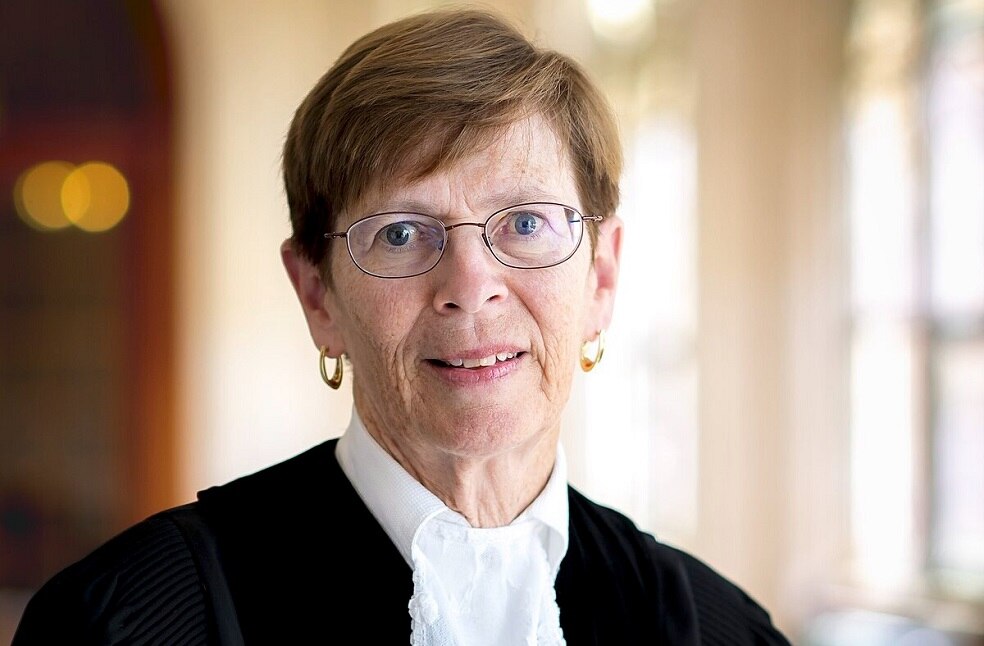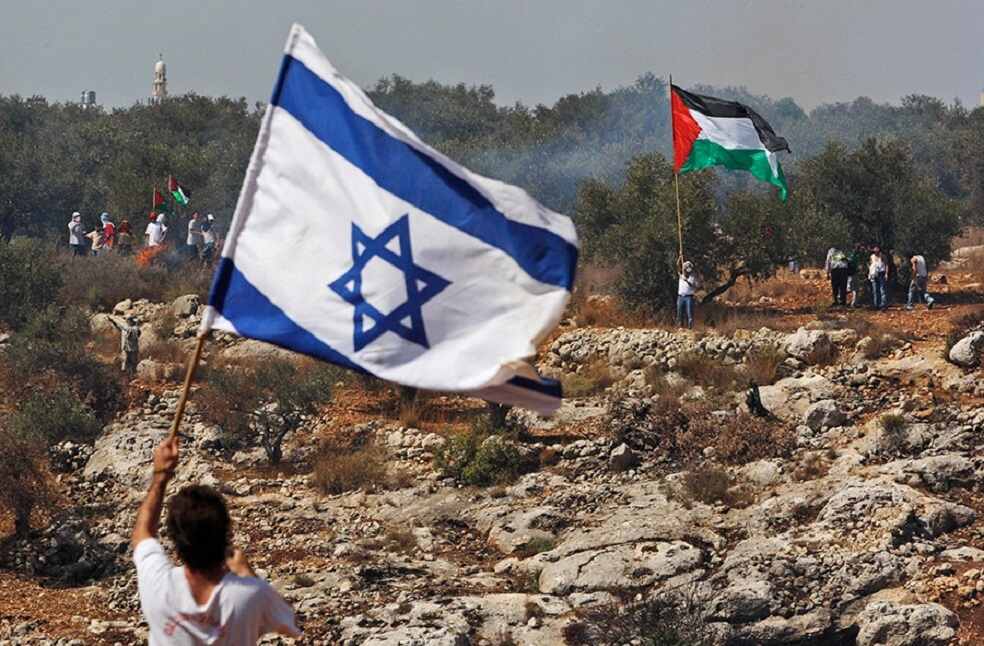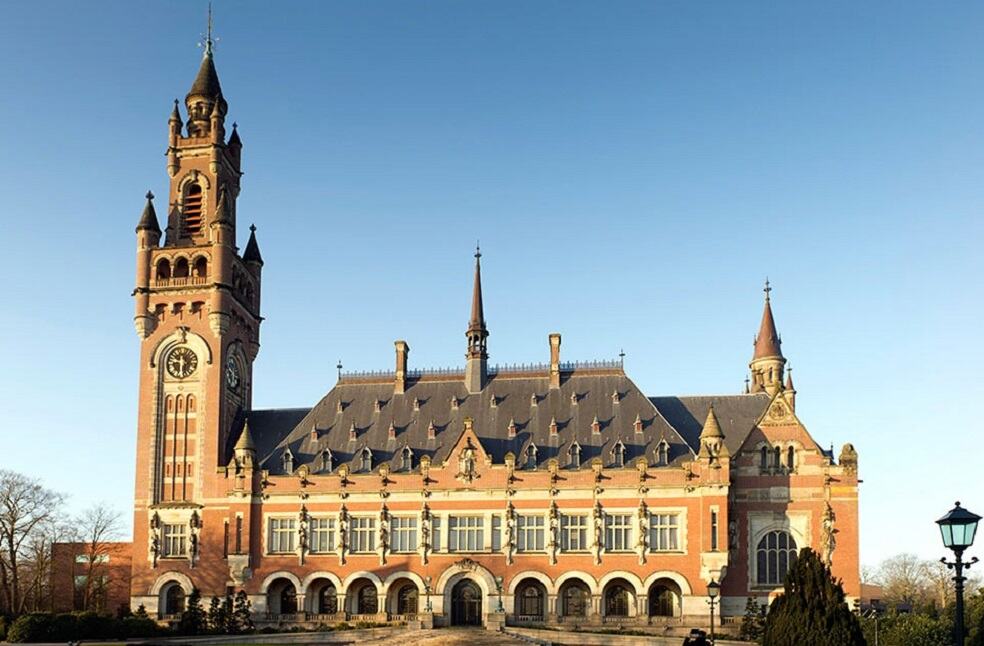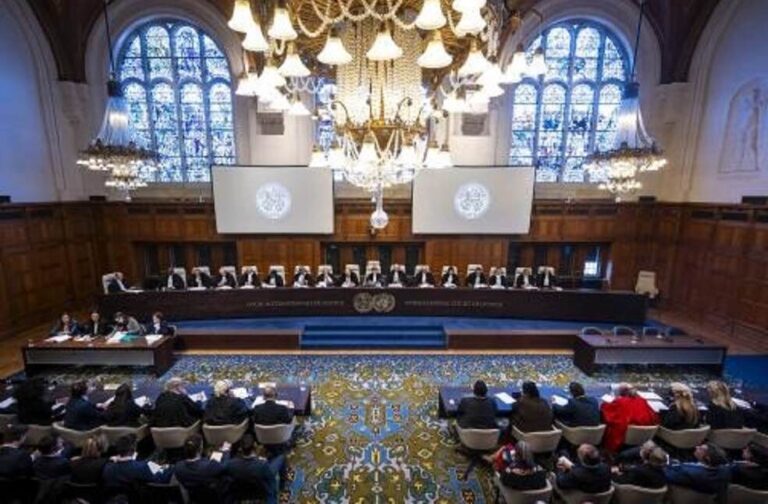Netherlands: The International Court of Justice (ICJ) of the United Nations declared that Israel must act to stop genocide in Gaza in an interim ruling, but it refrained from dictating an instant cease-fire in Israel’s conflict with Hamas. The ICJ ruled that it has jurisdiction to consider the landmark case brought by South Africa against Israel, and it rejected Israel’s request for the case to be dismissed.
In a statement released shortly after the court’s decision, Israeli Prime Minister Benjamin Netanyahu denounced the genocide accusation against his nation as “not only false, it’s outrageous.”
According to South Africa, Israel’s offensive in Gaza includes “acts and omissions” that “are genocidal in character because they are intended to bring about the destruction of a substantial part of the Palestinian national, racial, and ethnic group.”

The president of the court, Joan E. Donoghue, declared in The Hague, Netherlands, that the court would not accept Israel’s request to have the case dismissed because there were credible allegations of potential genocidal acts. Based on a preliminary assessment of Israel’s actions and statements from Israeli officials, this decision was taken. While the ICJ did not mandate an immediate cessation of hostilities, it did mandate Israel to implement certain interim measures.
First, the court ordered Israel to “ensure with immediate effect that its military does not commit any acts described” in the aforementioned measure and “take all measures within its power to prevent the commission of all acts within the scope of Article II of the (Genocide) Convention.” It declared that Israel had to take all reasonable steps to protect evidence pertaining to claims of genocide.

In addition, the court ordered Israel to “take immediate and effective measures to ensure the provision of urgently needed basic services and humanitarian assistance to address the adverse conditions” facing Palestinians in Gaza, as well as “take all measures within its power to prevent and punish the direct and public incitement to commit genocide in relation to members of the Palestinian group in the Gaza strip.”
In the end, the court mandated that Israel report back to it “on all measures taken to give effect to this order” in a month’s time.
In its December case filing, South Africa asked the International Court of Justice (ICJ) to issue an interim injunction compelling Israel to immediately cease its military activities in Gaza.

Because “no one has denied we are dealing with an armed conflict,” says Cathy Powell, a professor of public law at the University of Cape Town, “and the lopsided nature of that conflict between a nation and a widely recognised terror group.”
“What it didn’t do was look at the relationship between two parties in armed conflict, where you tie one party’s hands, who are signed to the genocide convention, when you have no say over the other, non-signatory party, Hamas,” she said, referring to the “excellent job making their case” done by South Africa’s legal team.”



